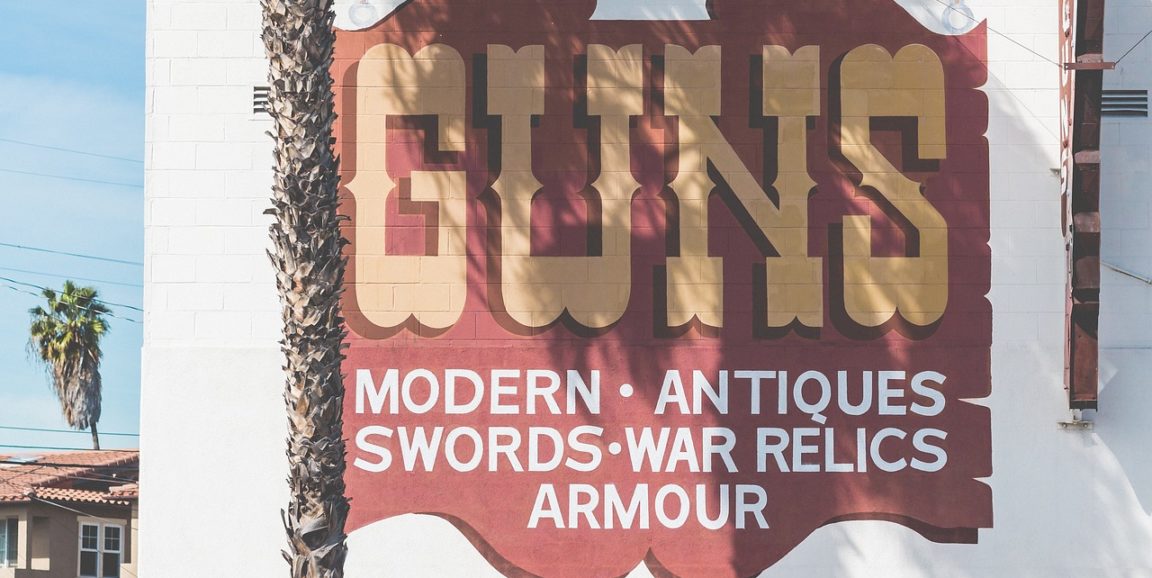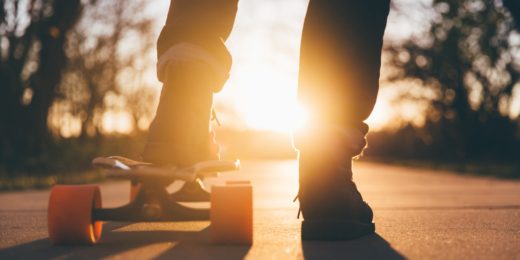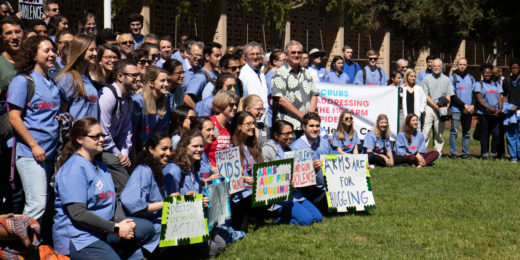When she digs into data about guns, Stanford pediatric surgeon Stephanie Chao, MD, is hunting for ways to prevent injuries in children. Sometimes, though, she uncovers insights most helpful to adults.
That's what happened when she compared the density of legal firearm vendors with gun-related mortality rates by state. Chao discovered a strong correlation between the density of sellers -- particularly pawnshops -- and rates of firearm-related suicides.
The findings, published in the Journal of Trauma and Acute Care Surgery, are consistent with prior studies linking legal gun ownership and self-harm. Chao, the lead author, hopes her research can help target public health efforts. Several states already have programs that supply gun shops with suicide prevention materials and educate owners on how to avoid selling to a person who is suicidal.
"This might be a point of awareness for pawnshop owners," said Chao, who will present her research this week at an annual meeting for trauma surgeons. "Recognizing that folks who come in might be at risk, owners could look for opportunities to direct them to counseling or a hotline where they can seek help."
Suicides accounted for more than 60 percent of 37,353 gun-related deaths in the United States in 2016, according to the Centers for Disease Control and Prevention.
For the study, Chao and her colleagues calculated the density of six types of federal firearms licenses -- the majority of which were dealers, pawnbrokers or firearms manufacturers -- by state population in 2014. The numbers were then compared to gun-related death rates tabulated that year by the CDC.
Density of legal firearms sellers ranged from 4.4 per 100,000 population in New Jersey to a rate of 123.3 per 100,000 population in Montana, the researchers found. Idaho and West Virginia had the highest concentrations of manufacturers, while pawnshops selling guns were most likely to be located in Arkansas and Montana.
Chao and her colleagues found no association between homicide rates and the density of commercial vendors; however, they calculated that each additional firearms-selling pawnbroker per state translated to more than four additional gun-related suicides in 2014.
The link might be due in part to the association between pawnshops and lower socioeconomic status communities, a demographic at high risk of suicide, Chao said. Alternatively, it may be that pawnshops seem more discreet, compared to gun stores, for purchasers considering self-harm.
"Is it that pawnshops exist where people are more likely to commit suicide? Or is it that suicidal people seek out pawnshops? That's something we cannot distinguish between in the study," Chao told me.
One possible clue comes from a relationship that was missing. The researchers found no correlation between gun-related suicide rates for adolescents and the density of licensed vendors overall or pawnbrokers specifically. That was unexpected, Chao said: Adolescents generally have a higher risk of suicide, so studies on gun availability and self-harm often show higher mortality rates for them.
This finding in the study could indicate that the relationship between pawnshops and suicide isn't derived from increased gun availability, but rather from a tendency for suicidal people to go to a pawnbroker for a firearm, Chao said.
"The whole gun violence issue is so large and complex, there's certainly not going to be one panacea, one cure-all," she said. "So I think it's important to identify specific points where we can do focused interventions on one type of injury or mortality."
Individuals in crisis can receive help from the Santa Clara County Suicide & Crisis Hotline at (855) 278-4204. Help is also available from anywhere in the United States via Crisis Text Line (text HOME to 741741) or the National Suicide Prevention Lifeline at (800) 273-8255. All three services are free, confidential and available 24 hours a day, seven days a week.
Photo by Diana Feil






